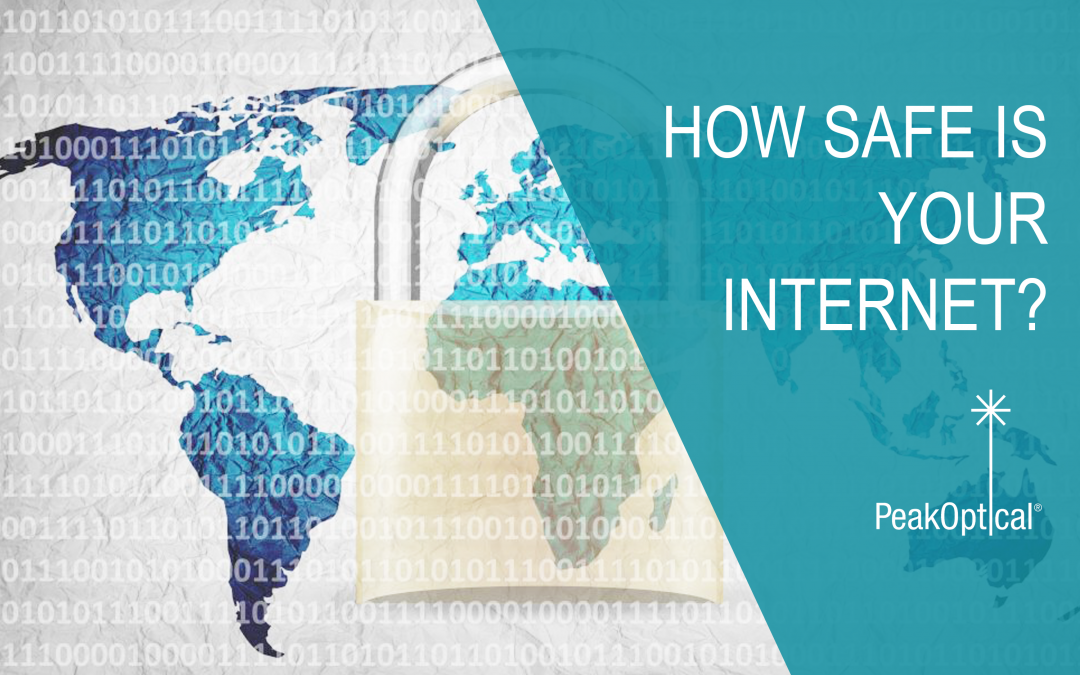Who doesn’t have Internet connection these days? For millions of businesses, Internet connection stays at the core of their functionality. Just imagine if, at some point telephones, computers, and servers will all of a sudden just stop working. The efficiency of the workers will be completely impaired.
How safe is your Internet?
It might come as a shock, but many connections are not as secure as you believe. Most computers today are equipped with anti-virus software or firewalls, still, from times to times, even the most sophisticated networks are hit by cyber attacks.
What are cyber attacks?
Cyber attacks can be categorized into cyber espionage, cyber warfare, cyber crime, and hacktivism. The vast majority of ‘online criminals will most likely try to obtain your banking information or will try to steal other essential data about your business.
It’s not only in the virtual world…
While the virtual attacks are not foreseeable, the physical threats can be avoided to large extent, depending on the material used in the installment of your internet connection. The entire internet is connected through fiber or copper cables, which can be placed above the ground, underground, or beneath the sea.
In the case of fiber optic cables, hair-thin strands of glass or plastic fiber are used to send light signals. The light travels to the core, the center of the fiber optic. The core it is surrounded by the cladding, an optical material that traps in the core, using the “total internal reflection” technique. A primary buffer coating protects the fiber from moisture or other damage. The level of protection is strengthened by the cable, which holds the fiber and the strength members inside and it is covered by a jacket.
There are two types of cables that are commonly used: Single mode and Multimode.
What threatens the physical internet connections?
In some cases, the physical connection can be damaged by weather. Humidity, lightning, extreme temperature could deteriorate the quality of the cables.
In other cases, construction companies simply forget to check if there are some cables underground and damage them while digging. Network systems include backbones and because these backbones are the most important in an Internet connection system, they are buried underground. Over the years, construction workers have inadvertently ruined huge numbers of fiber cabling (more than we like to admit).
Believe it or not, squirrels are a treat to for fiber optic connectivity too, because they simply love to chew through the protective coating around the cabling, thus altering the network efficiency.
Another threat everyone needs to be aware of is vandals and sabotages. This is why it is essential to install the termination point of an Internet cable in a secure and lockable space.
How safe is your company’s internet? What measures do you take to secure your data?


